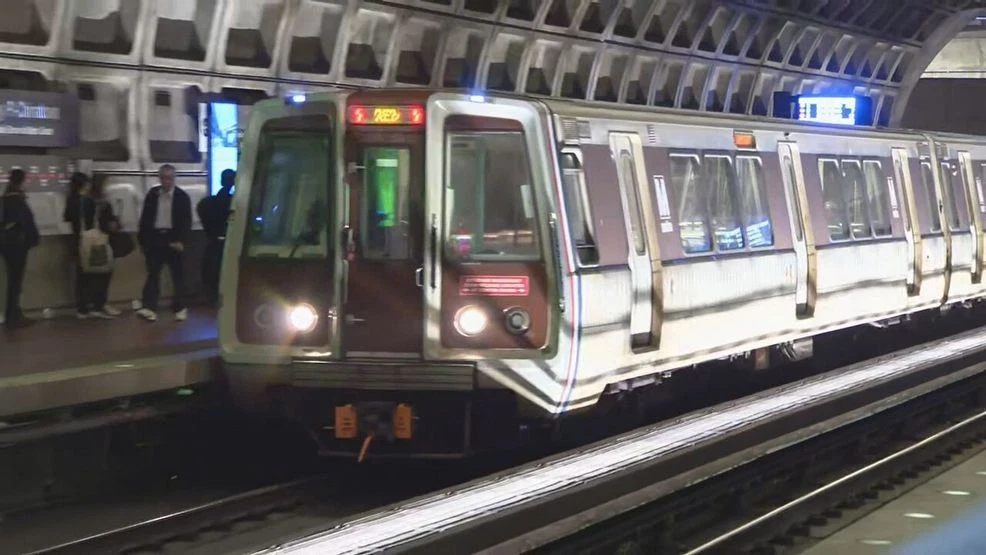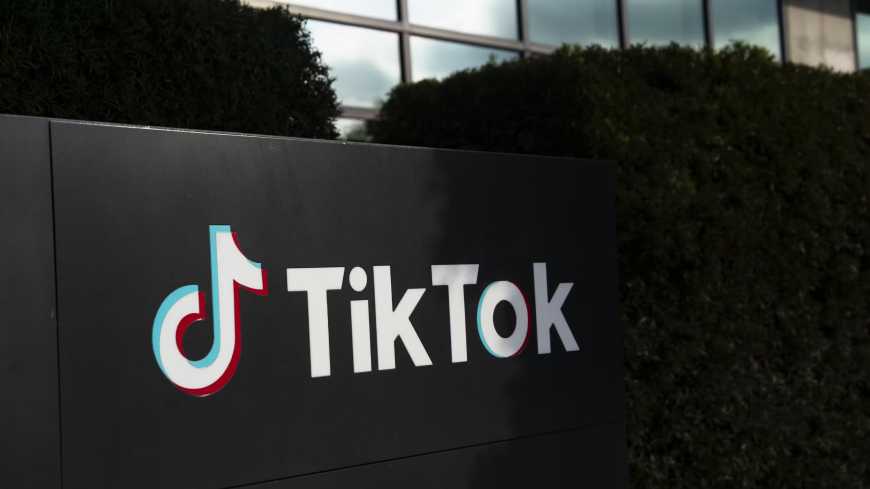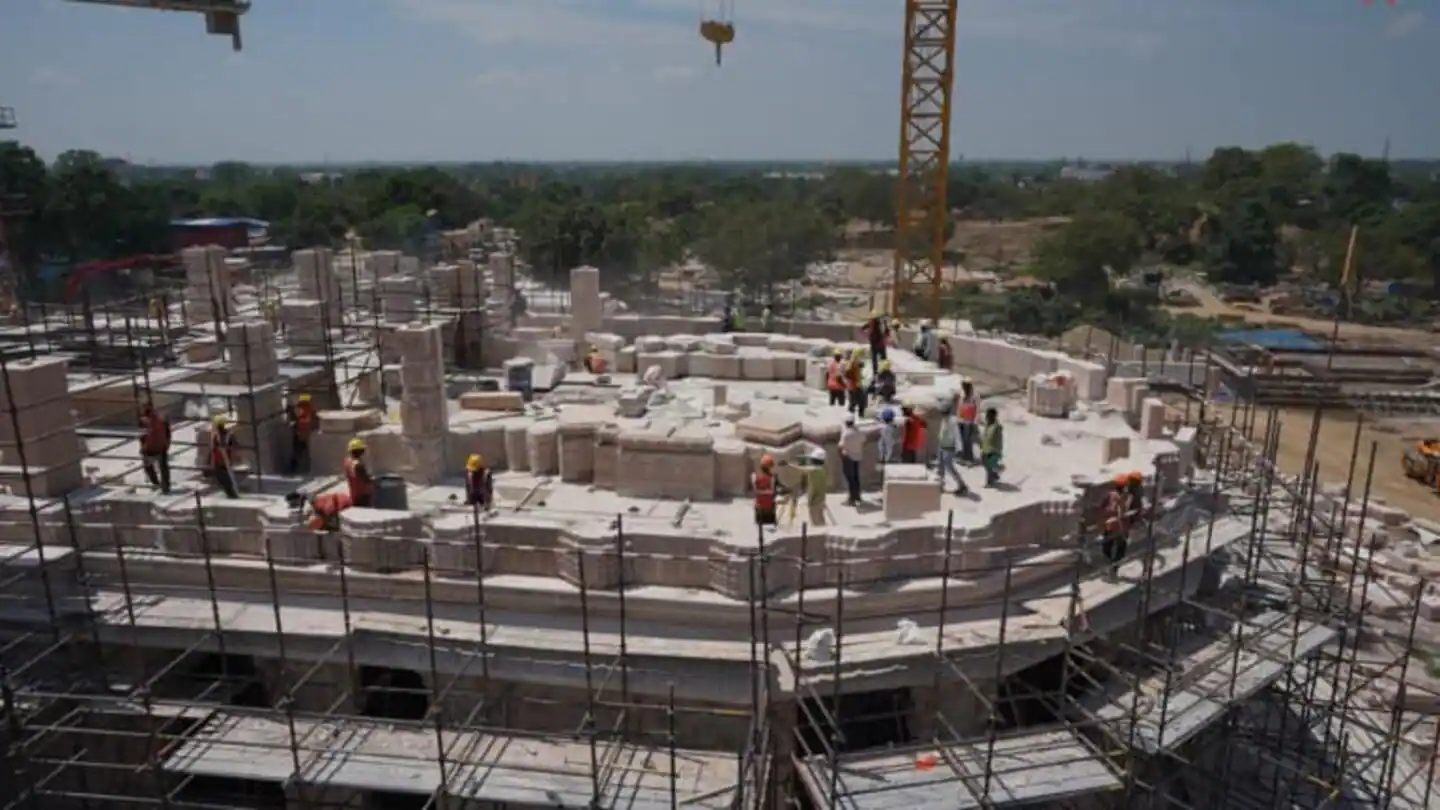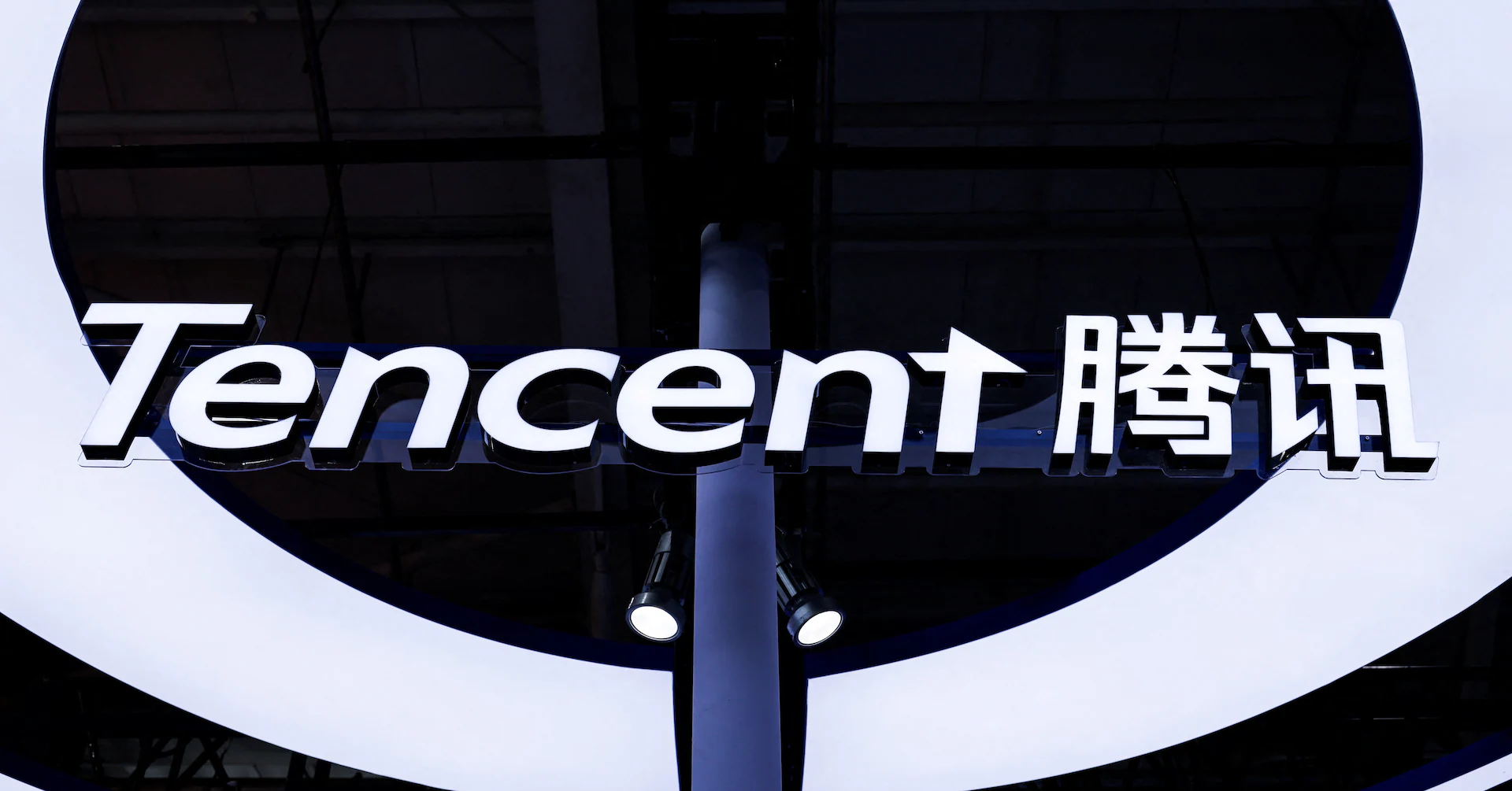
Metro’s budget outlook for next year looks better than it has in years, but the transit agency warns that it still needs big help to keep the system running well long-term.
At a board of directors meeting at Metro’s L’Enfant Plaza-area headquarters on Thursday, board members heard a lot of good news about Metro’s budget for next year:
Ridership is growing faster than expected, and therefore, revenue from riders is higher than expected.
Metro has found a number of ways to save money: one example is the return to automation on all lines, which Metro leaders say is very efficient.
Changes in bus schedules have saved money.
Metro says the money savings are enough that the transit agency believes it can add some rail and bus service next fiscal year, which begins July 1, 2026.
SEE ALSO |
Despite the budget looking good in the short term, Metro leaders say long-term, they are still facing a “fiscal cliff,” and without increased and more reliable funding, they will lack enough money to keep the system in good working order in the future.
“From my point of view, we have to make sure we distinguish between the operating budget and the capital budget,” said Metro General Manager Randy Clarke in response to a question from 7News after the board meeting. “On the operating side, we are cautiously optimistic that we have some pretty good runway to manage that budget correctly, but that is very much contingent on running the capital budget well.”
Metro’s operating budget involves the money it takes to pay salaries and keep trains and buses running and the transit system operating on a yearly basis. However, the capital budget is for more long-term needs, such as new trains and buses, new technology, maintenance of the system, and replacing aging infrastructure.
“We are way behind on things like a new signaling system,” Clarke said to 7News. “You’ve covered it before where we have signaling delays, and that’s probably the most frustrating thing for Metro train riders. [Other capital budget needs involve] the age of the bus fleet, elevators and escalators, the examples go on and on. So we have a very significant capital program problem.”
SEE ALSO |
“The additional funds are really needed to upgrade or invest in the sustainability of our existing infrastructure,” said Valerie Santos, the chair of the Metro board of directors.
A group called DMVMoves began meeting last year to try to come up with higher and more reliable funding for Metro’s capital needs in the future. That group is nearing the end of its work, and its next meeting is scheduled for October 29 at noon.
Also at Thursday’s Metro board meeting, Metro officials said they don’t plan to ask for a fare increase for next fiscal year, but they do plan to ask for one for the fiscal year that will begin July 1, 2027.
They also said that while fare evasion on the Metrorail system remains well below a couple of years ago, fare evasion on Metrobus is still costing Metro large amounts of money. Even though bus ridership has returned and at times even surpassed pre-pandemic levels, last fiscal year Metro received $56 million in revenue from bus vs. $136 million in fiscal year 2019.
That said, Metro officials stressed that fare evasion is dropping on Metrobus. They say that as of August, bus riders had fare evaded on more than three million fewer trips compared to the same time the year before.



